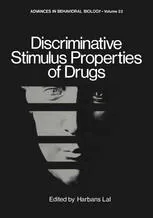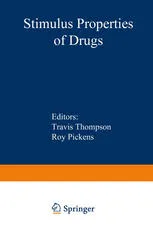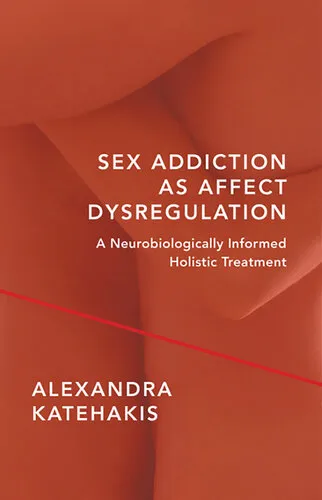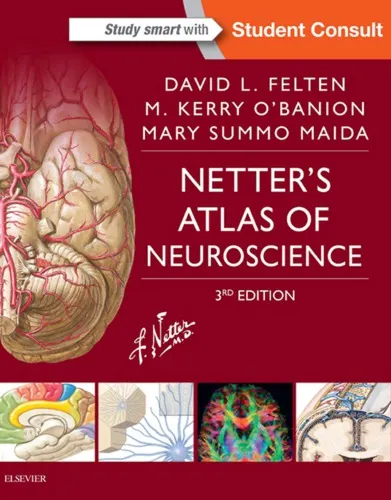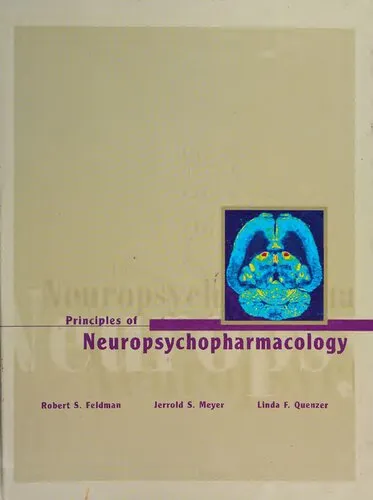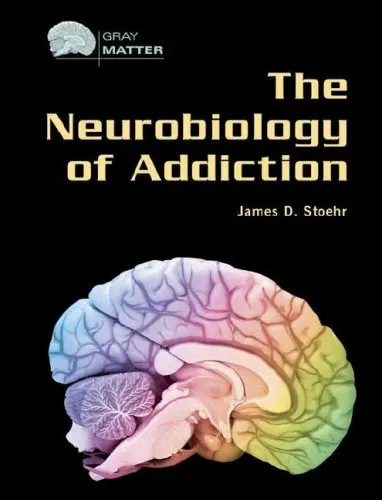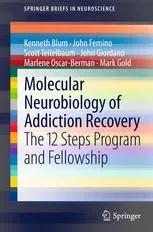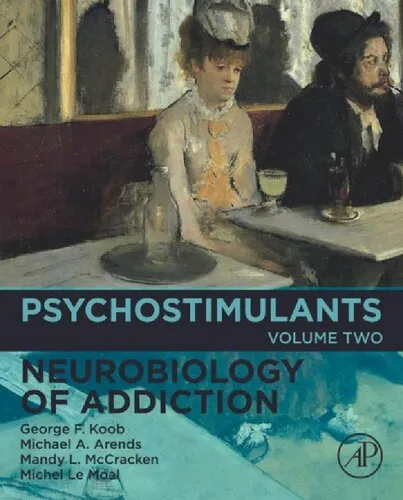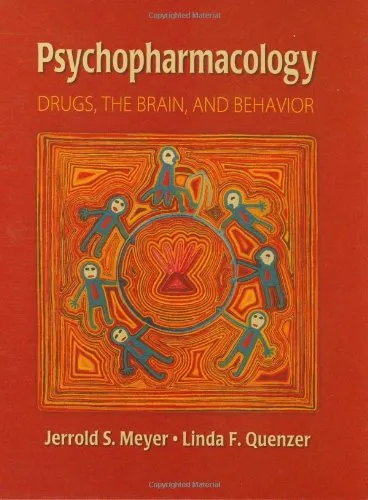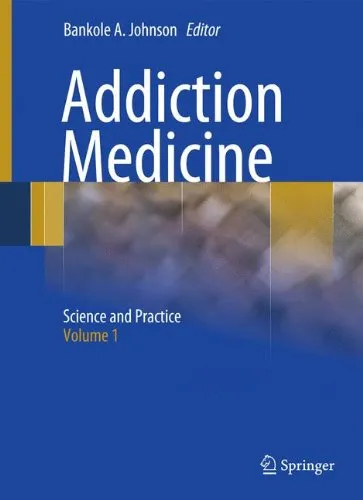Behavioral Neurobiology of Alcohol Addiction
4.5
Reviews from our users

You Can Ask your questions from this book's AI after Login
Each download or ask from book AI costs 2 points. To earn more free points, please visit the Points Guide Page and complete some valuable actions.Related Refrences:
Introduction to "Behavioral Neurobiology of Alcohol Addiction"
The book Behavioral Neurobiology of Alcohol Addiction, authored by George F. Koob and edited by Wolfgang H. Sommer and Rainer Spanagel, offers an in-depth exploration of one of society's most complex and detrimental challenges: alcohol addiction. Combining state-of-the-art research, compelling scientific analysis, and a multidisciplinary perspective, this book sheds light on the neurobiological underpinnings of alcohol addiction, fostering a deeper understanding of its behavioral and physiological dimensions. Rich in detail and expert insights, it has become an essential resource for researchers, clinicians, and students alike.
Detailed Summary of the Book
The book provides a comprehensive overview of alcohol addiction by dissecting it from multiple scientific angles, including biology, behavioral science, and neuroscience. It delves into how alcohol interacts with the central nervous system, the genetic and epigenetic factors contributing to addiction, and the psychological traits that increase vulnerability to alcohol dependency. The authors diligently cover the role of neurotransmitters, brain circuits, and molecular pathways, offering a fine-grained view of the mechanisms driving alcohol-related behaviors.
Organized intuitively, the book discusses the progression of alcohol addiction—from initial consumption, development of tolerance, loss of control, to dependence. A significant portion of the text focuses on neuroadaptations, including changes in brain plasticity, neurochemical signaling, and stress systems. Beyond biology, the book also covers challenges in treatment outcomes, relapse risks, and the societal impacts of alcohol addiction. Each chapter builds upon the core premise that an interdisciplinary approach is vital to addressing this pervasive public health issue.
Key Takeaways
- Alcohol addiction alters brain circuits responsible for reward, motivation, and stress regulation.
- Chronic alcohol use leads to neuroadaptations that perpetuate dependence and relapse risks.
- Genetic and environmental factors play a significant role in the likelihood of developing alcohol addiction.
- Effective treatment strategies must address not only the biological aspects of addiction but also the psychological and social dimensions.
- Research on the neurobiology of addiction provides valuable insights for developing new treatment approaches and interventions.
Famous Quotes from the Book
"What makes alcohol addiction so insidious is its dual character: as both a social construct and a neurobiological condition."
"Understanding the biology of addiction is crucial to dismantling the societal stigma associated with it."
Why This Book Matters
This book stands as a crucial resource in the modern fight against alcohol addiction. The unique fusion of behavioral analysis with cutting-edge neurobiological research provides an authoritative guide to understanding both the causes and consequences of alcohol dependency. Moreover, it bridges the gap between foundational science and clinical applications, paving the way for the development of novel therapeutic interventions aimed at mitigating the global burden of alcohol addiction.
By unraveling the complexities of addiction in an accessible yet scientifically rigorous manner, Behavioral Neurobiology of Alcohol Addiction raises awareness and fosters academic and public discourse. It equips professionals and students in the fields of neuroscience, psychology, psychiatry, and public health with deep insights into the multifaceted nature of addiction. At its heart, this book underscores the urgency of taking a holistic approach to understanding addiction, one that goes beyond the individual and into the societal and cultural contexts that shape it.
Free Direct Download
You Can Download this book after Login
Accessing books through legal platforms and public libraries not only supports the rights of authors and publishers but also contributes to the sustainability of reading culture. Before downloading, please take a moment to consider these options.
Find this book on other platforms:
WorldCat helps you find books in libraries worldwide.
See ratings, reviews, and discussions on Goodreads.
Find and buy rare or used books on AbeBooks.
1347
بازدید4.5
امتیاز0
نظر98%
رضایتReviews:
4.5
Based on 0 users review
Questions & Answers
Ask questions about this book or help others by answering
No questions yet. Be the first to ask!

